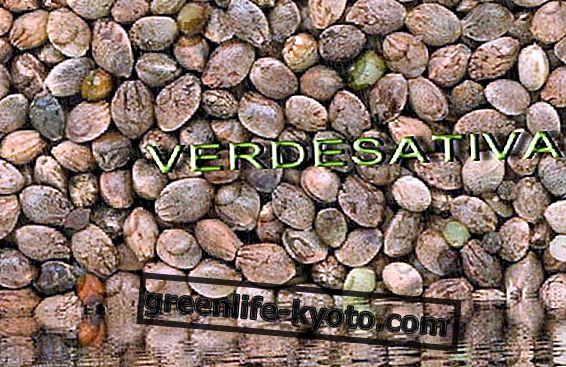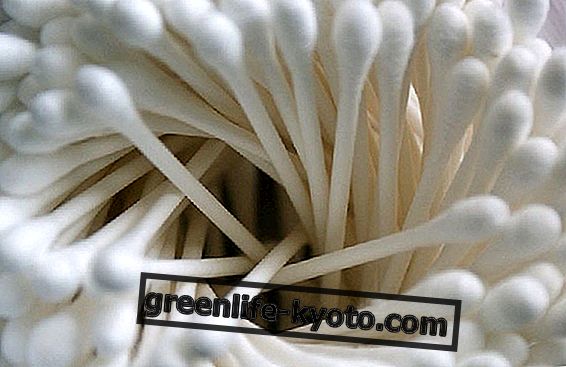
Glucomannan is one of the natural remedies offered to those looking for help in losing weight . Why does it lose weight? And what is it?
Glucomannan is a soluble fiber extracted from konjac, a plant of Asian origin used for over 2000 years in traditional Chinese medicine.
Today , China remains its main producer, followed by Japan. In addition to producing food supplements, it is added to foods, drinks and cosmetics to take advantage of its gelling properties.
In fact, glucomannan absorbs large amounts of water. Indeed, to be honest, it is one of the most viscous dietary fiber known : it can absorb up to 50 times its weight.
In this way it increases the mass in transit in the digestive tract, slows its emptying and increases the sense of satiety, thus favoring weight loss.
Glucomannan: which to choose
There is no shortage of glucomannan supplements on the market. The best choice is to always rely on safe sales channels and evaluate the price well. Packs that cost less are not always the most convenient ones: savings also depend on the total amount of glucomannan per pack .
But the most important aspect to look after is another: insert the use of any supplement you choose within an appropriate lifestyle .
The effectiveness of glucomannan also depends on other factors, in particular on the diet followed and on the physical activity practiced, and to increase the probability of obtaining the desired results it is important to combine a low calorie diet with regular physical activity. .
Glucomannan: when to take it and how to take it
Given its high viscosity, glucomannan can be taken in lower doses than other fibers. To promote weight loss it is sufficient to take 1 gram 3 times a day. Be careful, though: it is important to take it strictly before meals, leaving 15-60 minutes before starting to eat.
In general, glucomannan is considered a safe remedy, but given its ability to increase in volume it is associated with the risk of suffocation, especially in the presence of difficulty swallowing and problems with the esophagus.
Those living with disorders of this type must pay particular attention to the use of glucomannan-based products, which could be contraindicated; in other cases it is good to make sure to swallow them carefully, accompanied with 1-2 glasses of water.
Finally, we must not forget that glucomannan can interfere with the effectiveness of some drugs, reducing the effect of those taken orally because it reduces their absorption.
In the case, then, of those who take medicines against diabetes, the risk associated with the intake of glucomannan is also another: that the blood sugar decreases too much .
In fact, another property of glucomannan is to reduce blood sugar levels after meals . Combined with the effect of antidiabetics, this action could lead to dangerous glycemic declines.
For all these reasons, even before taking glucomannan supplements, consult your doctor, nutritionist or pharmacist.













